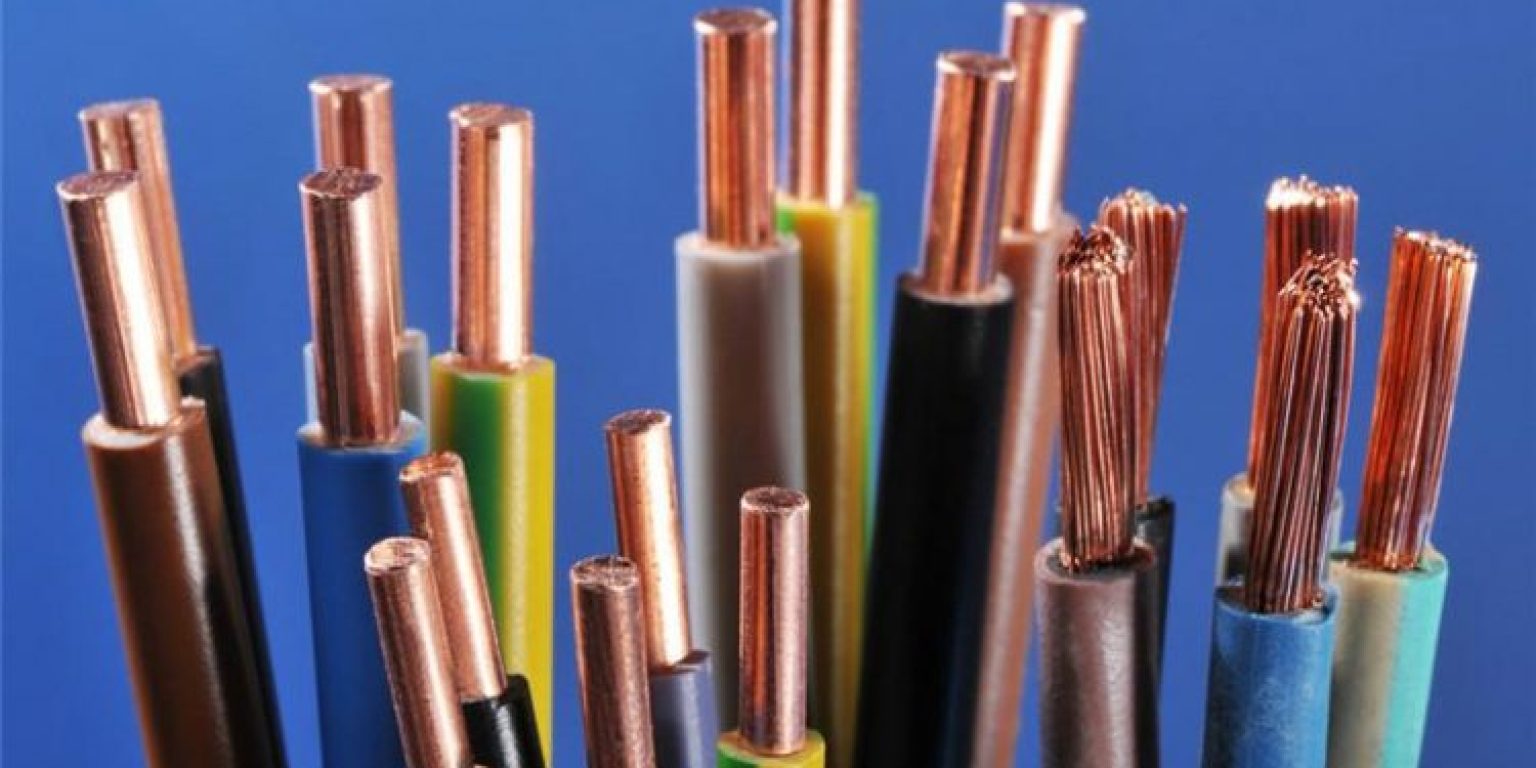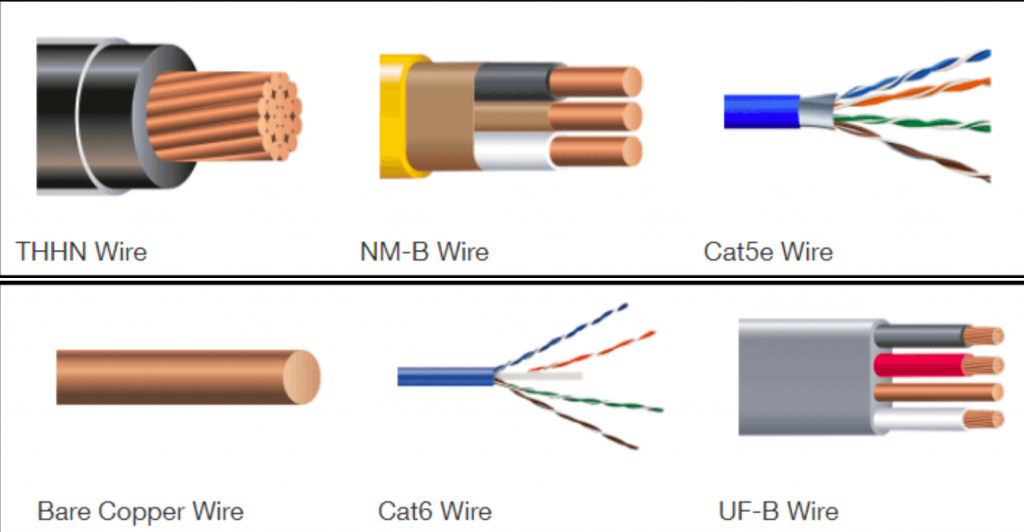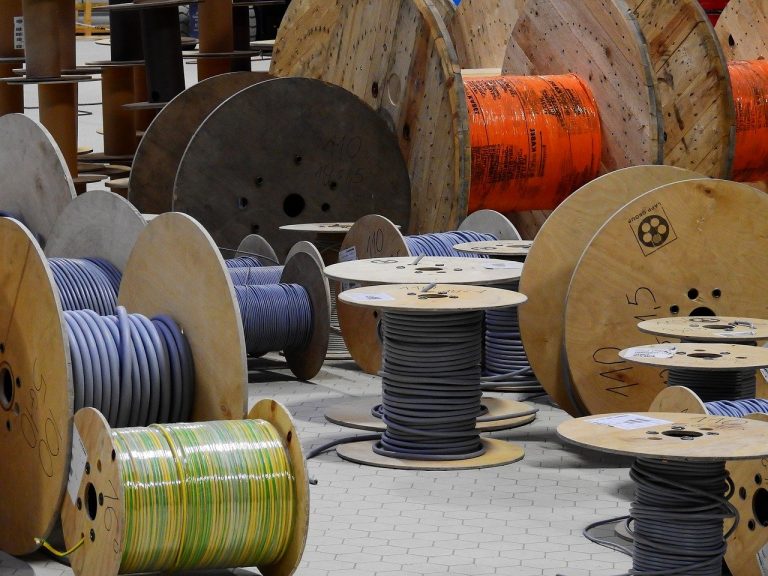Before you plan a home electrical project, you must understand the various electrical wire types available for you to choose from. Your choice of which type of electrical wire and cable to use might determine whether your electrification project ends in success or failure. But, as you decide what types of cables and wires your electrical project must comprise of, you’ll also need to consider one other key ingredient for project success: Your electrical wire manufacturer.
While you might spend a lot of time understanding the type of electrical application, and the different types of electrical wire types appropriate for the project; failing to determine who the best manufacturer of those wires and cables is could result in project failure. Why? Because your choice of the right supplier will not only determine the quality of your cables but may even impact the overall cost of the project – especially if this is a large residential or commercial undertaking.
Electrical Wiring 101
It’s good to plan an electrification project before you start running the first string of wires across the home or office building. Spending a few hours (or days, if this is a large and complex electrification project) planning and understanding the various electrical wire types and uses will help you to make informed choices.
So, in order to help you make the best use of available wire choices, we’ve set out a series of five questions that you must answer before commencing your wiring project. As you go through these FAQs, remember that these are broad recommendations about the available electrical wire type and not specific recommendations related to your unique project. Such specifics will depend on the nature of your project.
For example, the specific electrical wire size might depend on what the application entails: Is it to provide power to an overhead lamp or is it for electrifying the cooking range and fridge in the kitchen. The home wiring cable types for each of those applications will differ significantly. Additionally, these recommendations must be viewed in light of whether the project is for an indoor or outdoor application. And, within the home itself, requirements for wire types may differ between those needed for a finished basement and an unfinished one.
One final word of advice: Before you decide on a specific wiring option, whether it is underground electrical wire or wiring through your walls or concealed in your ceiling, make sure you consult with a licensed electrician.
1.What Type of Electrical Wire Is Used in Homes?
If you look inside your home, and the vicinity around it (backyard, shed, outdoor lighting etc.), you’ll probably see various types of electrical wiring and cables used. Here are four of the most common ones used in homes:
1)Non-Metallic Cable
The most common types of electrical wiring, used for home electrification purposes, is non-metallic cable (also commonly known as NM cable). Many of you may know it from common brand names like “Romex”. It is categorized by three or more conductors in its manufacture. Those individual conductors (or strands) are sheathed (or encased) in a flexible plastic jacket.
Typical components within NM cable include a hot wire, neutral wire and a ground (or earth) wire.
2)Armored Cable
Some jurisdictions do not allow the use of NM cables. In such areas, the home electrification wire f choice is Armored Cable (or AC). It is also known by its alternate (and common) name BX. To provide extra protection to the individual conductors inside the cable, cable makers design AC wires using flexible metallic sheathes. Depending on local house electrification regulations, you may not be permitted to use AC on residential structures more than 3-stories high.
3)Underground Feeder Cable
If your residential application involves wet, outdoor use, then an underground electrical wire, such as underground feeder, or UF, the wire is what you need. These cables are a type of NM cable, and they don’t need protection of ceilings, walls or flooring to function properly. They may be buried in trenches and outdoor channels without metal or PVC conduits. Similar in design to NM wires, UF cables are encased in comparatively less-flexible solid plastic. UF Cable belongs to underground electrical wire types.
4)Metal-Clad Cable
In some areas of the home, like cellars, basements and sheds, where there’s an electrical wire running through the room/area, the wire may be exposed to physical damage. In such cases, homebuilders typically use metal-clad wire. These are the cable of choice in unfinished areas of the home where exposed cables might have a greater risk of damage.
2.What Type of Wire is Best for Home Electrical Use?
The best old electrical wire types used for home electrical projects depend on the type of project. Depending on application, you may choose any one of these types of electrical wires:
- Non-metallic (NM) wire: This electrical wire types ideal for indoor applications.
- Armored cable (AC): Designed using flexible metallic sheathing, these wires are the best choice in jurisdictions where NM wiring isn’t permitted. They may also be best for homes under three stories in height.
- Underground Feeder (UF) Cables: This underground electrical wires best for use in wet, exposed, outdoor applications. They are also a good choice if electrical wiring must be buried in trenches and ditches outdoors.
- Metal-Clad Cable: If the application is for an unfinished part of the home, like an unfinished basement, cellar or store room, then cables with stronger outer surfaces are the best choice.
Two other popular types of electrical wires are low-voltage wiring, and phone and data wire. The former is best used in applications, such as landscaping lights, thermostats and door bells – which require less than 50 volts. The latter is best for use with land line phones and internet connections.
3.How Many Types of Electrical Wires Are There?
The combination of electrical wire types and uses determines which application a wire is best suited for. Typically, there are most common of these include Triplex Wires, Main Feeder Wires, Panel Feed Wires, Non-Metallic Sheathed Wires and Single Strand Wires. These applications determine the wire types that you should choose for your project.
4.What Are the Different Types of Wires and Cables?
The term “wire” and “cable” are often used interchangeably – but that’s incorrect. At their very basic, a wire is a single conductor that moves electrical current through a circuit. A cable is a collection of wires that are shielded together. Typically, cables may have a hot wire, neutral wire and a ground wire.
The various types of electrical wiring may include those made from copper or aluminum, and may come as bare or insulated (shielded) versions. When shielded in PVC sleeves, wires must be color coded to signify whether they are ground, hot or neutral. There are a number of different types of home electrical wire based on the various types of application.
The most common electrical wire types include:
- THHN Wire
- NM-B Wire
- Cat5e Wire
- Bare Copper Wire
- Cat6 Wire
- UF-B Wire
Like their electrical wire counterparts, electrical cable types too vary based application, design and construction. Some of the most common types of electrical cables include
NM-B Cable – “NM” stands for non-metallic, UF Cable – ”UF” stands for underground feeder, “AC” means armored cable – also known as “BX.” Other types of cables include Metal-clad Cable, Coaxial Cable, HDMI (High Definition Multimedia Interface) Cable, Speaker Cable and Category 5e Cable.
5.What Type of Electrical Wire Are Good for Outdoor Application?
Outdoor application wires and cables are designed with special capacity to withstand adverse external conditions. Like indoor wires, the types of cables and wires for outdoor applications vary. The best outdoor wires are those that have outer layers designed to withstand water, extreme cold and heat, UV exposure and other elements of nature.
The common type of cable for outdoor application is Underground Feeder (UF) cable. These cables may be buried in trenches and channels outdoors. Outdoor electrical wire type using Fluorocarbon, Ethylene propylene rubber (EPR) and Polychloroprene (PCP) offers excellent weather resistance, while manufacturers use additives or stabilizers such as carbon black to make PVC and Polyethylene cables outdoor-friendly.
Your Best Source for Indoor and Outdoor Cables and Wires
Some home wiring applications might seem straightforward, while others are more complex. It’s best that, before starting a home wiring project, you know the outdoor electrical wire types to choose from, and that you understand exactly what you are doing. If required, consult with a licensed electrician. At minimum, understand the basics: Wire color coding, size and gauge, amperage, and the various types of cables and wires available for the project.
Choosing the wrong wire or cable can seriously jeopardize the success of any home electrification project. Not only does your choice of different types of electrical wire types determine successful project completion, but your choice of an electrical wire and cable manufacturer also plays an important in the outcome. To ensure you get the best wires and cables for the most appropriate cost, you should work with a reputable wire manufacturer like ZW Cable.
Last Updated on January 30, 2021 by Richard





